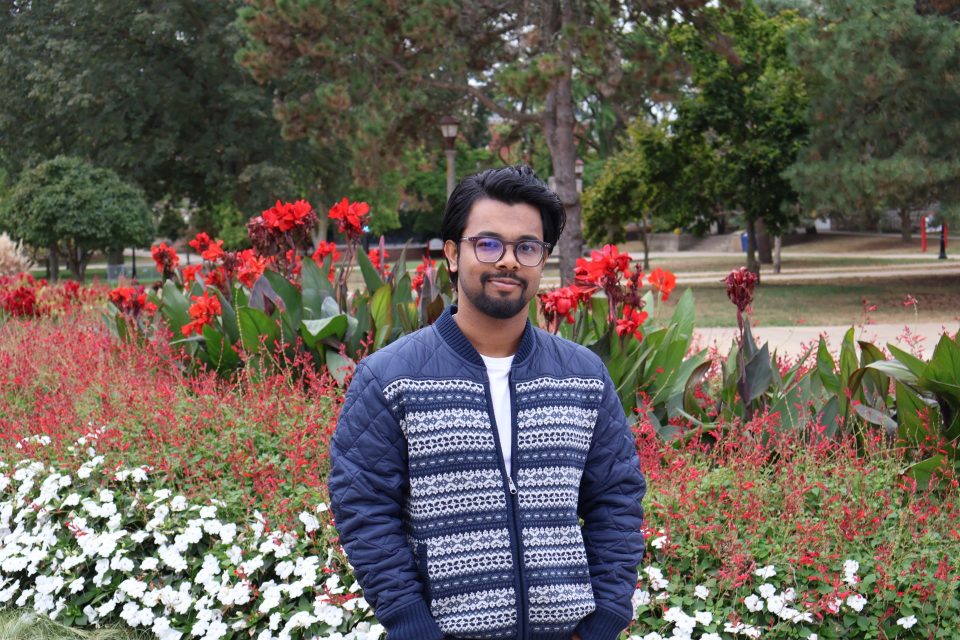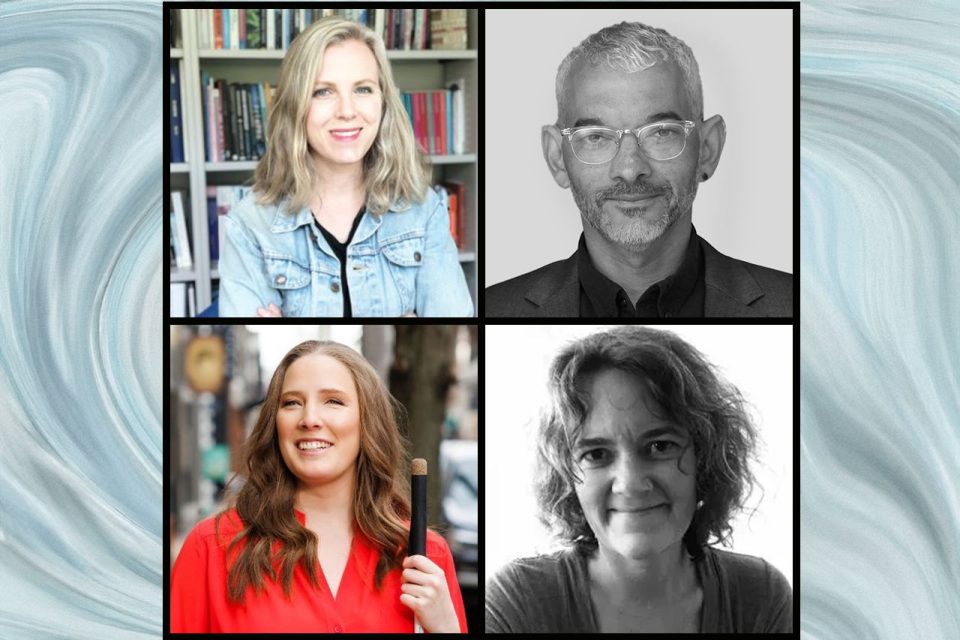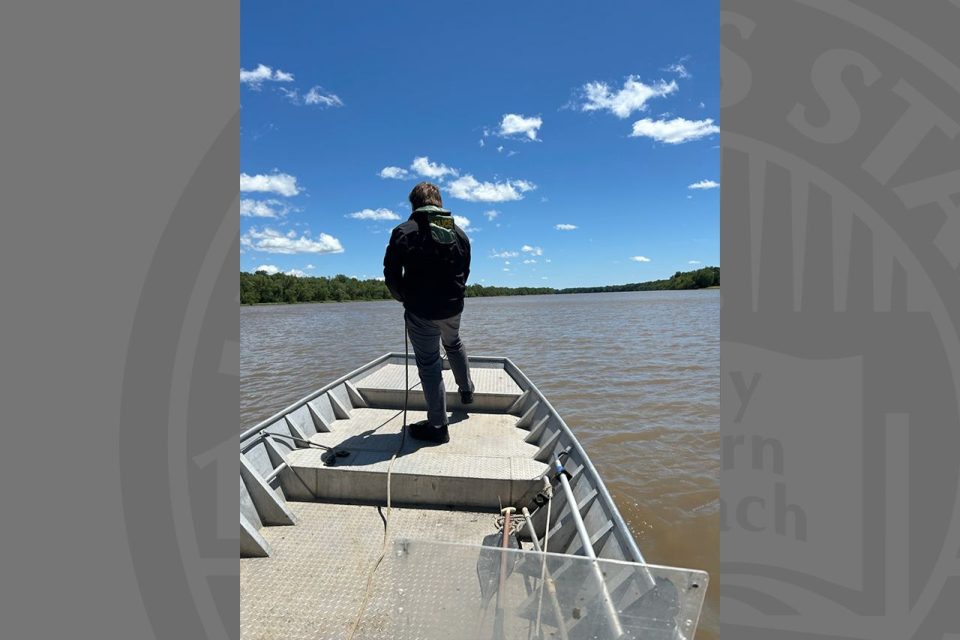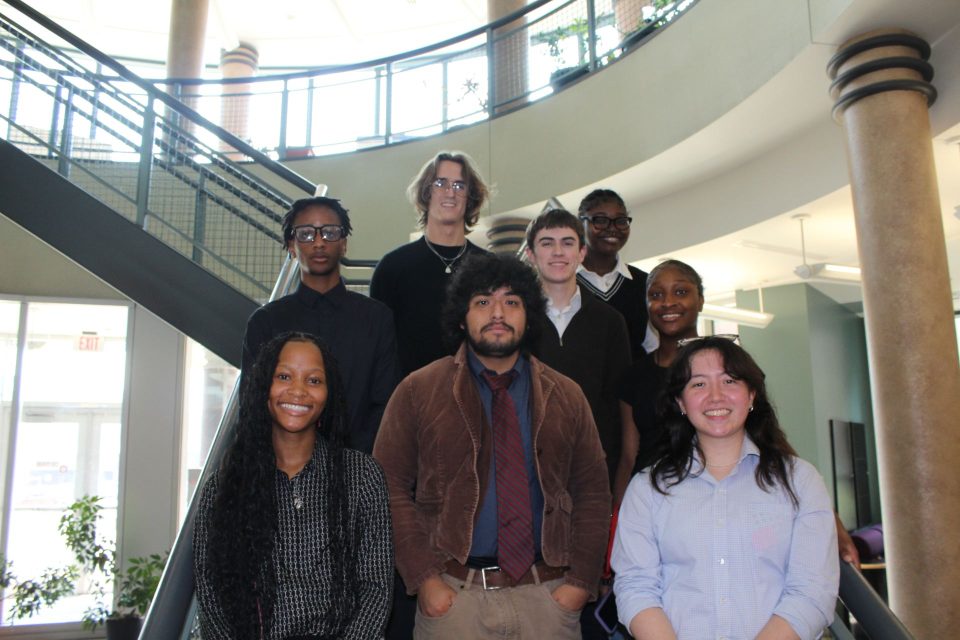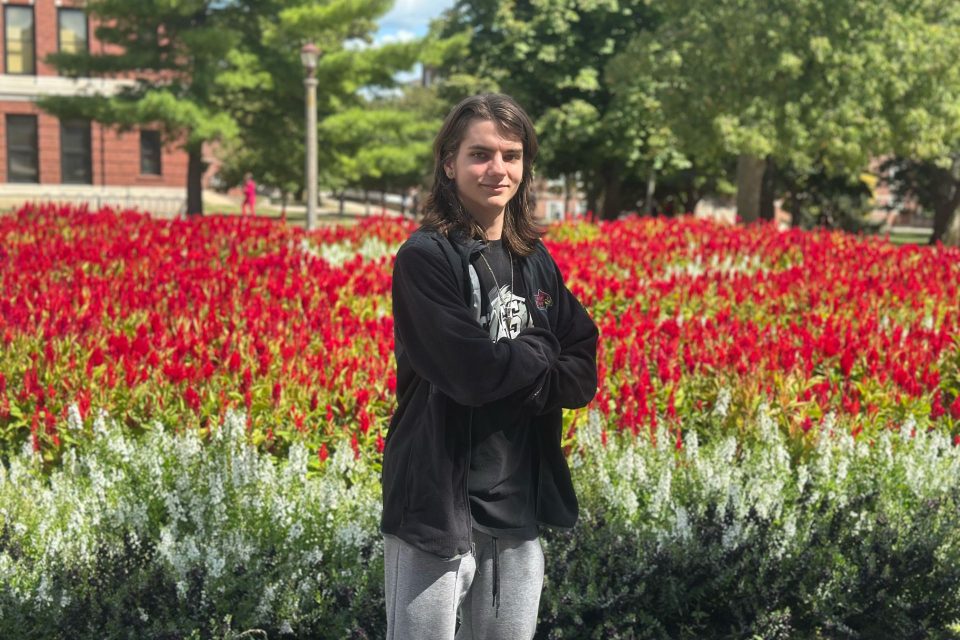Meet the October 2025 GradBird Scholar: Mustafizurrrahman Rahat
The Graduate School has selected Mustafizurrrahman Rahat as its October 2025 GradBird Scholar recipient. GradBird Scholar is an initiative to recognize graduate students for their scholarly endeavors at Illinois State University.
Rahat, a student in the anthropology graduate program, completed both bachelor’s and master’s degree in cultural anthropology at the University of Dhaka, Bangladesh. Outside of his classes, he is passionate about film, music and football. He also enjoys exploring museums and learning about folklore and cultural heritage from around the world. Rahat was able to combine these passions for an exhibit called “Guardians Across the Globe” in his Museum Anthropology class, which showcased spiritual protectors from different cultures around the world.
What is your favorite part of your program?
My favorite part of the anthropology program at ISU is how flexible and supportive it is. The department really encourages students to follow their own interests, and the small, diverse classes make it easy to get personal guidance from professors. I really like that I can shape my studies around the topics I’m passionate about.
Do you work with a specific faculty/staff member to help with your research? What has your experience been like working with them?
Yes, I have been working under the supervision of Dr. Livia K. Stone. I also want to acknowledge the support from Dr. Gina Hunter, Dr. Abby Stone, and Dr. Gabriel Torrealba Alfonzo. They all have been very supportive and helped me shape my research questions and guided me through the theoretical and methodological aspects of my project. I am so grateful to all of them for their mentorship from the very beginning.
Can you explain your research & the importance of it within your field?
My research focuses on the social and human aspects of technology, with particular interest in how media and technology intersect with governance, politics, and identity. My current research explores how social media platforms shape political expression and social movements in the digital era. I am particularly interested to explore how Gen Z activists are using digital tools and creative activity (such as hashtags, memes, humor, TikTok videos, livestreams, etc.) as a new language of resistance. Recent youth-led movements in Nepal, Bangladesh, Indonesia, and Sri Lanka have particularly shaped my interest in these areas, as they showed how the young activists are reimagining the future of politics and using digital media to communicate in new, culturally grounded languages of resistance. This research can expand our understanding of how digital spaces have become new sites of cultural production, political imagination, and everyday resistance.
Why do you enjoy researching this topic and what more do you hope to learn about it?
I enjoy researching this topic because it feels deeply connected to our time and offers a window into how people create meaning, identity, and community through digital media. I listen closely to people’s stories and try to understand how they make sense of their world. Every protest, campaign, or online interaction going on around us reveals how people connect, resist, and imagine new possibilities. To me, social media is not just a communication technology; it’s a cultural space where people express values, emotions, and resistance. I want to understand how these online practices shape everyday experiences of power, belonging, and political imagination.






What do you hope further research about this topic will do to benefit the greater of society?
My research explores how culture, technology, and politics intersect in everyday life. It shows how technology can give voice to marginalized groups and build solidarity while also exposing them to the risks of surveillance and repression. I hope my research helps people see social media activism not as “virtual,” but as real political participation. By examining how people use social media to communicate, organize, and resist, we can better understand the cultural, social, and political dynamics of contemporary activism. And by understanding these dynamics, we can work toward building safer online spaces that support democratic participation and global solidarity. We must keep in mind that digital activism isn’t the future; it’s already shaping our lives in so many different ways, and it demands our attention now.
Would you like to highlight anything else about your research or promote anything specific you are involved in?
Yes! As part of my Visual and Media Anthropology class, I produced a short documentary titled Revolution in the Wind: Resistance in the Age of Social Media. This is an extension of my research, which explores the role of diaspora communities in shaping political movements at home. It was screened at the Historic Normal Theatre and won the Audience Choice Award at the 2025 Foxtail Film Festival. I am also passionate about using visual media and ethnographic storytelling as a way to bring academic research into life for wider audiences.
Latest Publications
- Queer Talks to explore Girth & Mirth clubs November 19Queer Coalition, Illinois State's sponsored LGBTQIA+ faculty, staff, and graduate student affinity group, invites the University community to attend a lunchtime presentation November 19 by Women's, Gender, and Sexuality Studies Program Interim Director Dr. Jason Whitesel on the history and visual representation of Girth & Mirth clubs from their advent in 1970s San Francisco through their last hurrah in the early 2000s. This event will take place from 11:30 a.m.-1 p.m. in 401 Stevenson Hall.
- Creatively critical tech virtual fall 2025 speaker seriesThis fall, the Creatively Critical Tech: Research + Practice + Design virtual speaker series will host four leading scholars whose work advances innovative and inclusive research, art, design, and practice with emerging technologies and media.
- Senior criminal justice sciences student completes internship with the Illinois Conservation PoliceSenior of Criminal Justice Sciences Tomas Cottingham gained hands-on experience in environmental law enforcement during his Illinois Conservation Police internship.
- Summer bridge program for first-year Science IS-U ScholarsThis summer, first-year STEM students in the Science IS-U Scholars Program came to the Illinois State campus for a 6-week bridge program designed to support their transition to ISU and their STEM majors, build a STEM cohort community, and lay the foundation for their role as civically engaged scientists.
- Preterm birth influences reading and math outcomes in adolescenceA new longitudinal study by Dr. Jamie Mahurin-Smith demonstrates that preterm birth continues to affect children's academic skills, even when they reach adolescence.
- Legacy lives on: Legendary faculty member’s passion for community, public education perseveres through Skibo ScholarsThe legacy of a legendary faculty member lives on through a scholarship established to preserve his commitment to public education and the sense of belonging derived from community.



